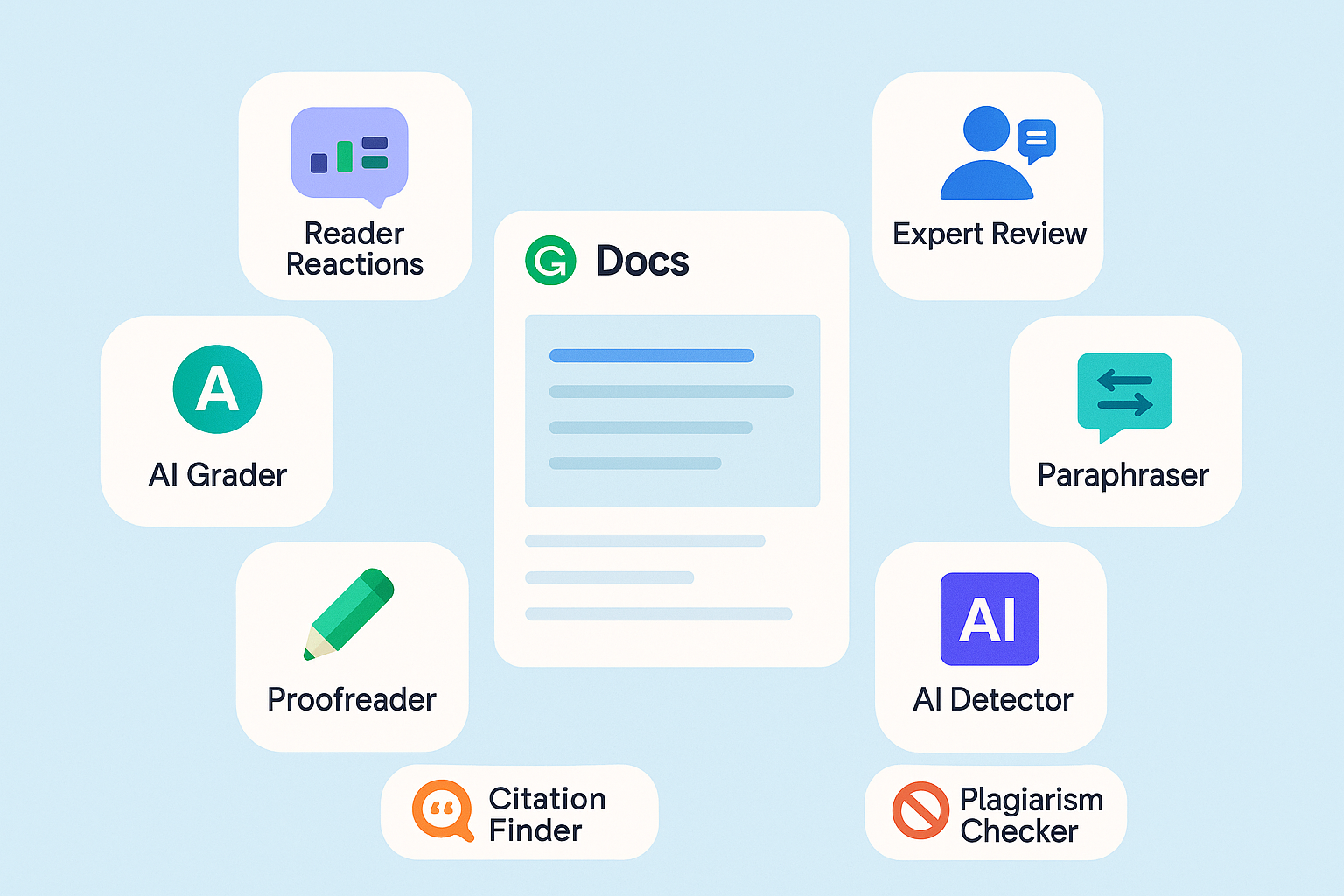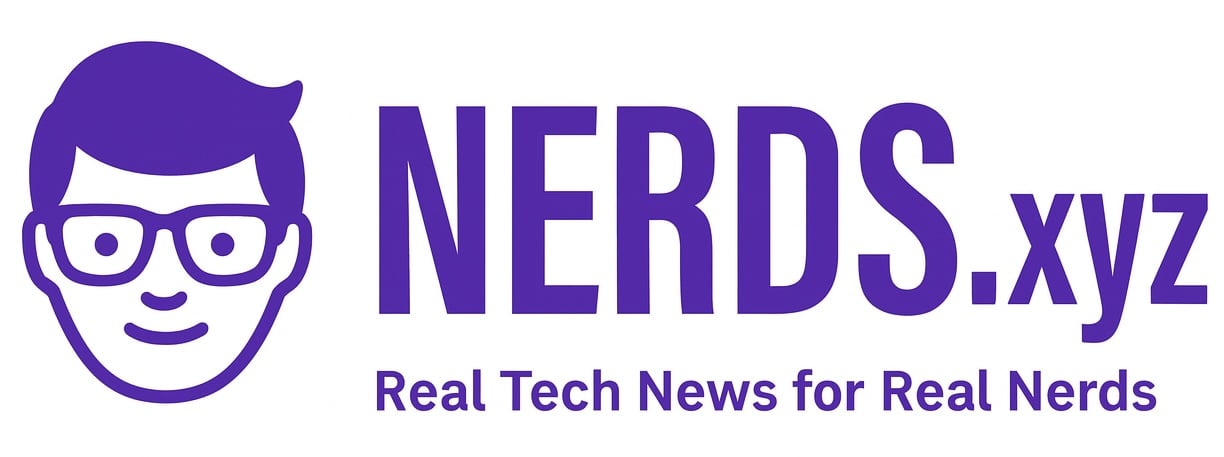
Well, folks, Grammarly is no longer just a grammar checker. You see, the company has announced eight new AI agents designed to handle specific writing challenges such as checking originality, finding credible sources, predicting reader reactions, and grading work against rubrics.
These agents are being introduced through docs, Grammarly’s new AI-native writing surface. The idea is to move away from one-size-fits-all AI prompts and instead provide context-aware tools that fit naturally into how people already write. Students can get structured feedback on coursework, while professionals can polish business documents with an extra layer of intelligence.
Luke Behnke, Grammarly’s VP of Product Management, said the launch “marks a turning point in how we build products that anticipate user needs.” Rather than offering suggestions after the fact, the new system aims to act more like an active partner in the writing process.
The lineup covers a wide range of needs. The Reader Reactions agent estimates how different audiences may interpret a draft, highlighting points of confusion or emphasis. An AI Grader gives rubric-based feedback with estimated grades before submission. The Citation Finder identifies supporting or refuting sources and formats them properly. An Expert Review agent offers subject-specific feedback, while the Proofreader works as a personal writing partner focused on clarity and flow. Rounding out the list are an AI Detector, a Plagiarism Checker, and a Paraphraser that adapts tone and style for different audiences.
For students, Grammarly pitches these tools as a way to develop AI literacy while keeping academic integrity intact. A recent Grammarly study found that while two-thirds of employers want AI skills, only 18 percent of students feel confident about using AI professionally. Jenny Maxwell, Head of Grammarly for Education, said the new agents “act as real partners that guide students to produce better work while ensuring they develop real skills.”
The professional angle is just as clear. Surveys show most workers would welcome offloading certain writing tasks to AI. Grammarly suggests that a marketing manager, for example, could run a launch announcement through Reader Reactions to see how a CEO might view it compared to a sales team. Then, Expert Review could refine the messaging with industry context.
The new agents are included at no extra cost in Grammarly Free and Pro, with Enterprise and Education customers set to gain access later in the year. Some features, like the AI Detector and Plagiarism Checker, are limited to Pro users at launch. Over time, Grammarly plans to roll them out across the more than 500,000 apps and sites where its service already integrates.
The company is clearly trying to redefine its role. Instead of being a behind-the-scenes checker, Grammarly now wants to be an AI partner that actively helps writers succeed. Whether this makes users more productive or simply more dependent on AI tools is something we will find out soon enough.

